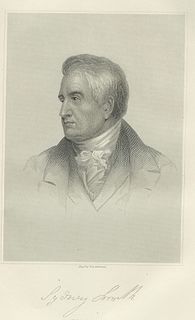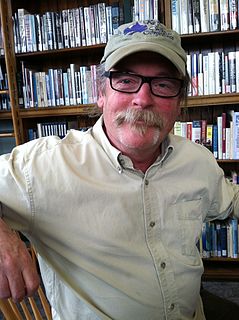A Quote by George Santayana
I believe in general in a dualism between facts and the ideas of those facts in human heads.
Related Quotes
Facts are neutral until human beings add their own meaning to those facts. People make their decisions based on what the facts mean to them, not on the facts themselves. The meaning they add to facts depends on their current story … facts are not terribly useful to influencing others. People don’t need new facts—they need a new story.
A religion, that is, a true religion, must consist of ideas and facts both; not of ideas alone without facts, for then it would be mere Philosophy; - nor of facts alone without ideas, of which those facts are symbols, or out of which they arise, or upon which they are grounded: for then it would be mere History.
[The scientist] believes passionately in facts, in measured facts. He believes there are no bad facts, that all facts are good facts, though they may be facts about bad things, and his intellectual satisfaction can come only from the acquisition of accurately known facts, from their organization into a body of knowledge, in which the inter-relationship of the measured facts is the dominant consideration.
Science is much more than a body of knowledge. It is a way of thinking. This is central to its success. Science invites us to let the facts in, even when they don't conform to our preconceptions. It counsels us to carry alternative hypotheses in our heads and see which ones best match the facts. It urges on us a fine balance between no-holds-barred openness to new ideas, however heretical, and the most rigorous skeptical scrutiny of everything - new ideas and established wisdom.
Facts and theories are different things, not rungs in a hierarchy of increasing certainty. Facts are the world's data. Theories are structures of ideas that explain and interpret facts. Facts do not go away while scientists debate rival theories for explaining them. Einstein's theory of gravitation replaced Newton's, but apples did not suspend themselves in mid-air pending the outcome.







































